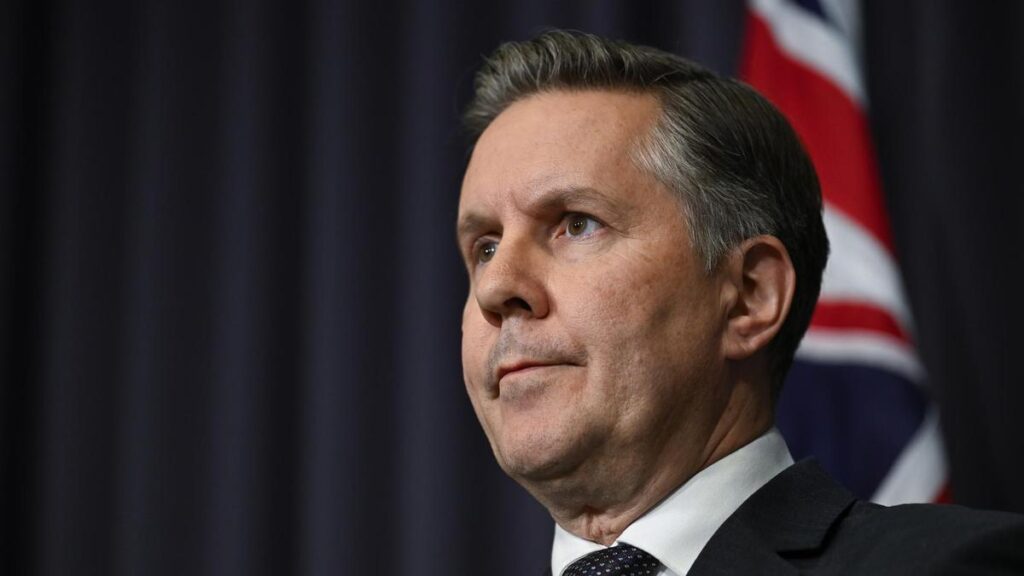
In a significant policy shift, the Australian Federal Government announced plans to remove children with mild autism and developmental delays from the National Disability Insurance Scheme (NDIS). This decision, effective from October 2023, aims to address the escalating costs associated with the program, which has been under increasing scrutiny due to budget constraints.
The NDIS was designed to provide necessary support and services to individuals with disabilities, but rising expenditures have prompted officials to reconsider eligibility criteria. Children with mild autism, who previously qualified for assistance, will now be transitioned out of the program. This change is part of a broader effort to ensure the sustainability of the NDIS amid growing financial pressures.
Minister for the National Disability Insurance Scheme, Bill Shorten, stated that the government is committed to delivering essential services while managing the budget effectively. In a recent press conference, he emphasized that the decision was made after thorough assessments and consultations with various stakeholders, including disability advocates and health professionals.
The move has raised concerns among parents and advocacy groups who fear that removing support for children with mild conditions could lead to negative long-term impacts on their development. Many argue that early intervention is crucial for children with autism, and losing access to necessary resources could hinder their progress.
According to disability advocates, the decision could potentially increase the burden on schools and community health services, which may not be adequately equipped to support these children without the assistance previously provided by the NDIS. Critics have expressed that the government’s focus should be on enhancing support rather than reducing it, particularly for vulnerable populations.
In light of this change, parents are encouraged to explore alternative support services available within their local communities. The government has pledged to assist families in navigating these options, although details on how this will be implemented remain unclear.
As the NDIS adapts to changing financial realities, the future of support for children with disabilities in Australia remains a contentious topic. The government’s decision reflects ongoing efforts to balance fiscal responsibility with the needs of those living with disabilities, but it also underscores the complexities involved in managing such a vital program.
The conversation surrounding the NDIS will likely continue as stakeholders assess the implications of this policy change and advocate for the rights and needs of children with autism and developmental delays.







